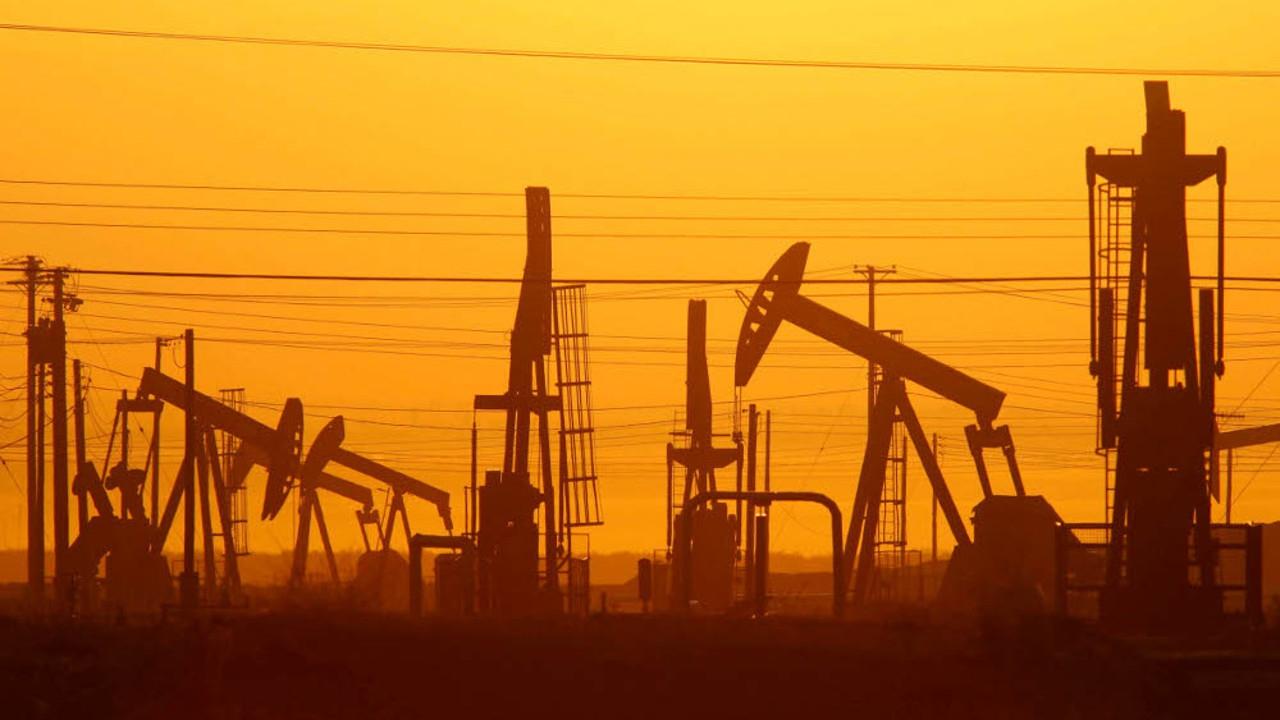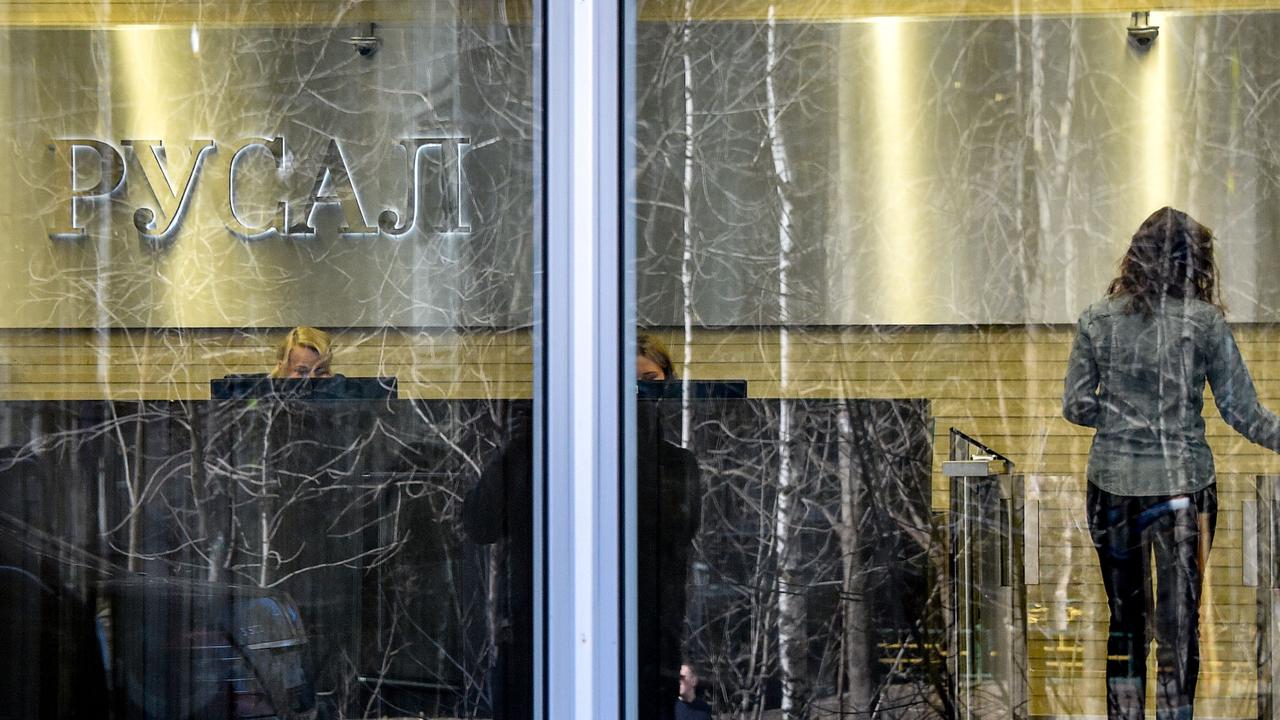The Reserve Bank sits at a delicate juncture
It makes sense for the Reserve Bank to preserve its firepower despite growing signals of fear and danger.
That’s despite, or perhaps because of, a sea of uncertainty both internationally and domestically.
Here the uncertainty, indeed chaos, which has followed the cliffhanger of a Federal election is an obvious reason for the RBA to pause while it awaits an outcome and assesses the impact on consumers, businesses and the economy.
Overseas, the Brexit vote and subsequent turmoil in the UK and continental Europe, and the shock referendum result’s impossible-to--predict impacts on economies, financial systems and politics, are obviously a negative for global growth and stability — but one whose impacts are at this stage unknowable and unquantifiable.
The RBA was never going to engage in anything that might be misconstrued for political purposes by referring to the Australian election, despite its obvious implications for confidence, investment and the nation’s credit rating, but it did reference Brexit and the volatility that has flowed through financial markets as assets have been repriced while investors have fled for safer havens.
The reference wasn’t judgmental or conclusive, with the bank saying only that the effects of the referendum’s outcome on global activity and the UK economy itself were hard to discern.
Others might conclude that, whatever the effects, they aren’t positive and that the coincidental emergence of an Italian banking crisis that also threatens EU unity and, indeed, the structure of both the European banking union and the EU itself, aren’t conducive to global stability.
The domestic political uncertainty and instability is clearly a negative for this economy, which the blowout in the trade deficit today tends to underscore. Despite the uncertainties and vulnerabilities, the dollar is defying expectations and remains above US75 cents.
The RBA said the lower exchange rate since 2013 (when it was above parity with the US dollar) was helping the traded sector, but there is little doubt it would prefer it to be somewhat lower. It did say that an appreciating exchange rate could complicate the ability of the economy to make necessary adjustments.
The dollar is defying its post-crisis status as a “risk” currency. Post-Brexit it appears to be more of a safe haven currency, which probably says something about the state of the rest of the world.
It is worth noting that while equity markets appear to have taken the Brexit vote and the big question marks it has raised — not just over the future of the UK but of the EU itself — in their stride, there has been a deluge of funds pouring into bond markets, a strong signal that investors are increasingly fearful.
Leaving the cash rate untouched at its historic low of 1.75 per cent wasn’t a difficult decision for the RBA.
Deferring the impact of the outcome and flow-on effects of the election until they become clearer, along with the deeper implications of the Brexit vote on the global economy and markets, was the only rational decision even if the RBA wasn’t conscious of the political lens through which its actions might be viewed.
The Australian Prudential Authority’s crackdown (with some RBA urgings) on lending standards and lending for investment properties has been taking some of the heat out of the perceived riskier segments of the property market, but the RBA (and others) are still very conscious of the oversupply in the apartment sector, and the bank will be cautious about the risks of fuelling another surge in lending for housing with yet another rate cut.
There’s also a strong argument that, with rates already at record lows, the RBA should not use up what’s left of its diminishing firepower at a moment when the escalating deficits and debts of the federal government — and the political instability that makes it unlikely there will be any serious attempt to address them — have restricted the capacity of fiscal policy to respond to another international financial crisis or significant downturn in the domestic economy.
With some mutterings about the potential of the US Federal Reserve Board, far from restarting a process of normalising US interest rates that stalled after one 25 basis point move, to move back into quantitative easing mode, the world economy and financial system is at yet another delicate and potentially dangerous point.
The RBA may have used up a lot of its firepower but it still has more capacity to respond to whatever might develop than almost any of the other major central banks within the developed world. Whether it is the political sensitivities or a conviction that any change isn’t necessary, it makes sense to preserve it.




It was never likely, indeed it was a remote possibility, that the Reserve Bank would do anything to official interest rates today.